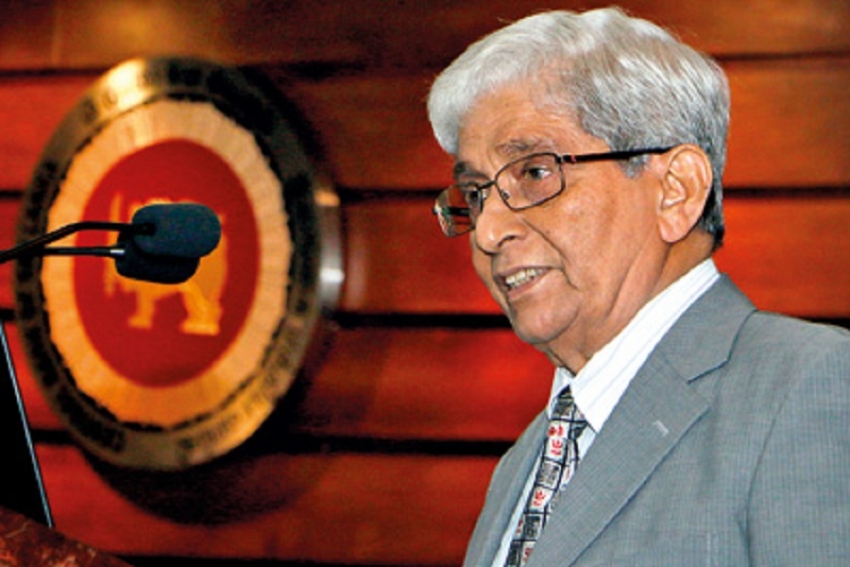In his maiden address to media personnel after his assumption of duties as the CB Governor, eminent economist, academic and author Prof. Lakshman outlined the history and the role of Central Bank as the monetary regulator.He noted that the task of the Central Bank is to secure economic and price stability, and financial system stability with a view to encouraging and promoting the development of productive resources of Sri Lanka.
Prof Lakshman paid a glowing tribute to outgoing Central Bank Governor Dr. Indrajit Coomaraswamy for his yeoman service in managing the monetary discipline and stability.The Monetary Board of the Central Bank at its meeting held on Thursday December 26 decided to maintain its accommodative monetary policy stance with the Standing Deposit Facility Rate (SDFR) and the Standing Lending Facility Rate (SLFR) remaining at their current levels of 7 per cent and 8 per cent, respectively.
Market lending rates continued to adjust downward in response to monetary and regulatory measures taken by the Central Bank. However, the observed reduction thus far has been less than envisaged and financial institutions are expected to meet the stipulated reduction in lending rates in the period ahead.Answering a question raised by a journalist, Senior Deputy Governor of the Central Bank Nandalal Weerasinghe noted that the Central Bank will decide imposing penalties on seven commercial banks which had failed to bring down interest rates.
Leading banks such as the People’s Bank, DFCC Bank and Sampath Bank are still to lower the interest rates in line with the ceiling imposed for December 2019, he added. The smaller banks including the Public Bank, Axis Bank Cargills Bank and Indian Overseas Banka are also yet to lower interest rates, he revealed.The Central Bank will issue clear directives soon to banks, finance and leasing companies on modalities of providing immediate relief to the small and medium enterprises (SMEs).
At a meeting with heads of banks and non-bank financial institutions, it has been agreed to extend a freeze on capital repayment for one year for loans below Rs. 300 million taken by SMEs while they should continue servicing the interest, he disclosed. Auction of assets pledged by SMEs on Non-Performing Loans will be suspended, he added.
The present government will have to review and present the new Monetary Law Act which was to be passed in parliament during the previous regime; Dr Weearsinghe said adding that internal administrative adjustments in the Central Bank are now enforced with the Monetary Board consent.
Raising money for debt servicing via bond issuance including US $500 million Samurai bond is now halted temporarily till the release of the government’s national policy and its decision on this matter, he divulged.However the Central Bank can mange the debt servicing till March next year and the next maturity of international sovereign bonds is slated in October next year, he added.




















